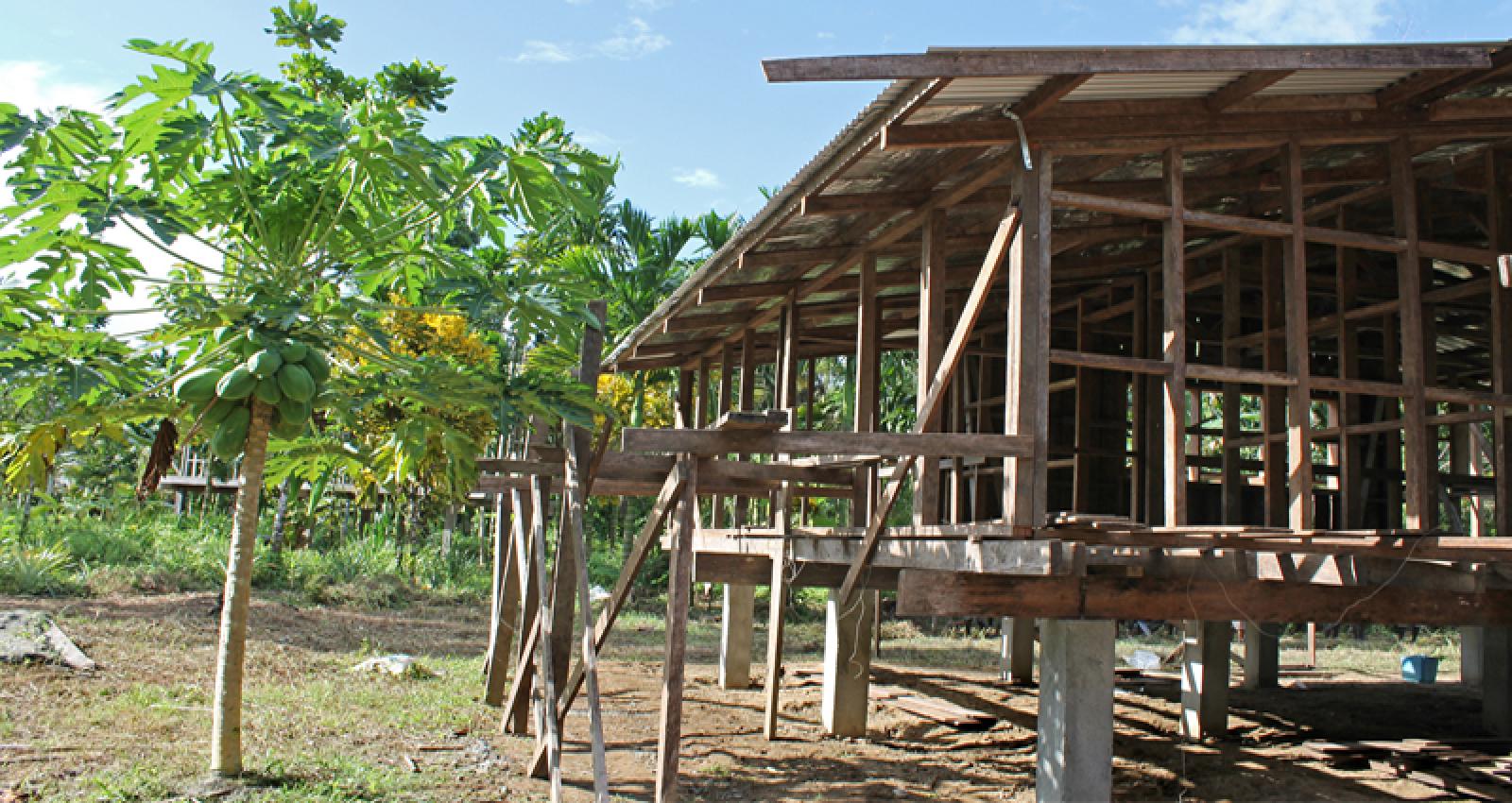Small states are countries with populations under 1.5 million. These countries vary greatly in their level of development and the size of their economies. Yet, many of them share a number of intrinsic characteristics that result in particular development challenges. Most, if not all, the countries have limited institutional capacity, acute vulnerability to economic and natural shocks, and lack economies of scale. At IEG, we took a look at how effective World Bank Group support is to these countries to identify lessons that can be learned across the group.
Strengthening Resilience
Small states face challenges to resilience in three dimensions to which the World Bank Group has responded through various avenues:
- Macro-economic and fiscal resilience, where the World Bank Group supported small states to improve their debt management capacity, and by establishing pooled insurance schemes to provide liquidity when natural disasters strike.
- Disaster and climate resilience was a central feature for the World Bank in small states, in particular island states in the Pacific and Caribbean. Efforts were made to invest in disaster resilient infrastructure, to enhance disaster risk management capacity and improve preparedness, and to build disaster resilience into planning processes.
- Social resilience, an area where the World Bank’s work focused notably on migration and labor in the Pacific, as well as on noncommunicable diseases and social protection. Small states lack economies of scale with limited opportunities for employment.
Looking forward, progress in strengthening resilience will require that the World Bank Group:
- Pursue an approach that tackles multiple drivers of fiscal and debt sustainability to enhance macroeconomic resilience of small states;
- Scale up current efforts to achieve greater disaster and climate resilience in small states and expand them to reach other highly vulnerable small states, incorporate long-term climate adaptation, foster a shift in public and private sector incentives, and improve data on small states; and
- Strengthen social safety nets and continue using its convening power to find innovative solutions to labor markets, as the Bank helped to do with temporary employment in Australia and New Zealand for Pacific island workers.
Improving Competitiveness
Because of their small size and vulnerability to external shocks, small states have to invest in improving competitiveness. The World Bank Group worked with small states to enhance the policy and regulatory framework for market-led growth, to strengthen the financial sector, to expand and better manage infrastructure, and to promote leading productive sectors. One important area in this respect is trade policy and facilitation. Given the small size of domestic markets, small states are advised to lower formal and informal trade barriers to stimulate private sector growth. Infrastructure represents another important area, particularly in light of many small states’ remoteness and the crucial importance of connectivity. The evaluation found successful examples of the World Bank’s support, as well as others where more work is needed. In the financial sector, key issues for attention include system soundness and risks (particularly in the Caribbean), access to finance for small and medium enterprises, and remittance costs.
Working Effectively in Small States
Many World Bank Group teams who work with small states face internal challenges that tend to be more acute than when working in larger countries. In particular, they have smaller financing envelopes, larger administrative costs, and limited client institutional capacity to absorb and manage projects. By way of illustration, transactions costs per dollar of delivering financing in small states are at least ten times the Bank average.
Cross-cutting considerations at the country team level include seeking opportunities to engage regionally or with multiple clients at the overall partnership framework level and under individual operations while managing prospective risks. Keeping programs selective thematically and limiting the number of support delivery vehicles is also important. Contingency planning, including the use of contingent financing instruments, has a key role in enhancing responsiveness to shocks, though ex post instruments (such as IDA’s Crisis Response Window) can also help. Support for building institutional capacity seems most effective when it is sustained and focused on a concrete area of concern to policy makers.
These issues will be discussed, among others, at the upcoming Small States Forum.
Photo Credit: Houses being built under the Rural Development Project. Solomon Islands. P089297. Aleta Moriarty / World Bank









Add new comment